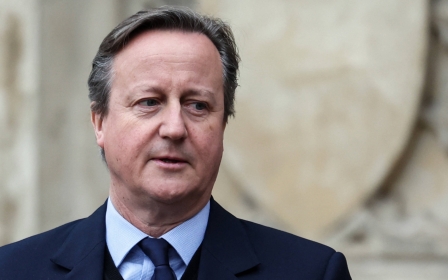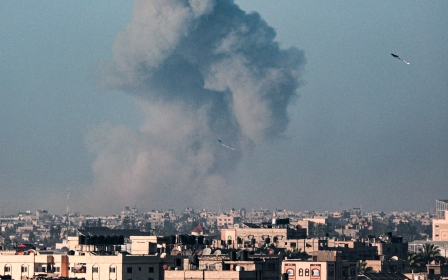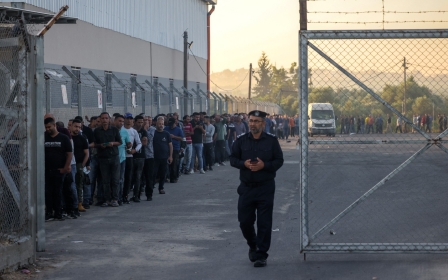UK: NGOs send open letter to PM Sunak over concerns Unrwa report acquired through torture
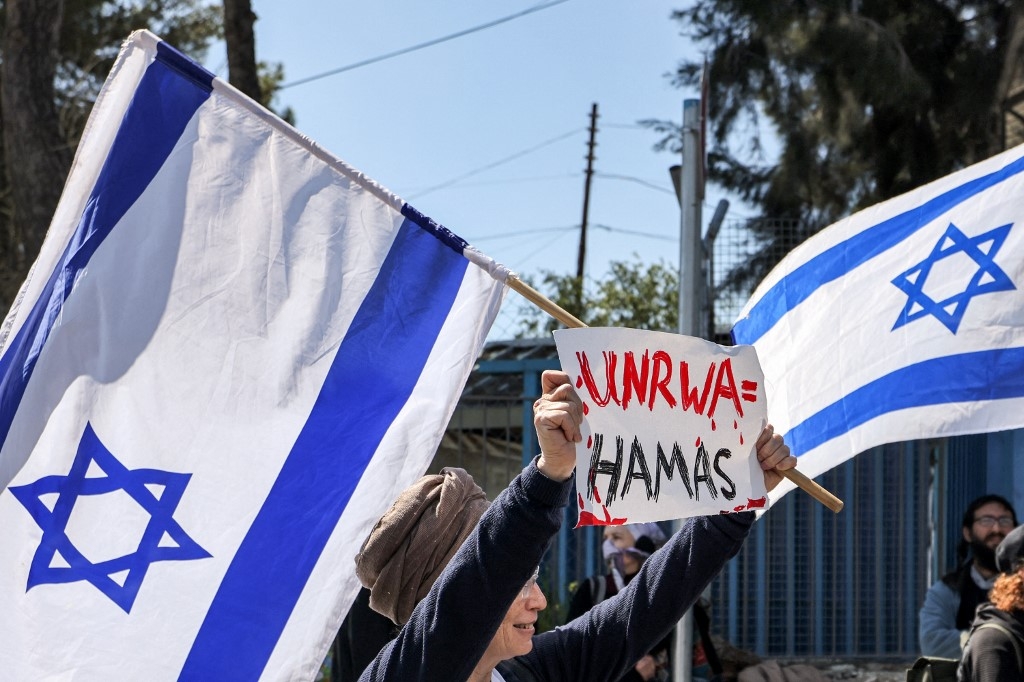
Rights groups Freedom From Torture and Redress have written to British Prime Minister Rishi Sunak raising concerns over reports that the decision to suspend funding for the United Nations agency for Palestinian refugees (Unrwa) was based on evidence gained by torture.
The UK government announced in late January that it was pausing funding to Unrwa in the wake of Israeli allegations that agency staff were involved in the 7 October attacks on southern Israel that saw hundreds killed and taken hostage.
However, since then there has been repeated criticism of both the potential impact on Palestinians uninvolved in the attacks and the lack of evidence being cited for the decision.
In February, the agency produced a report in which it said that Palestinians released into Gaza from detention in Israel were coerced into saying Unrwa staff had been involved in 7 October through the use of severe physical beatings, waterboarding and threats of harm to family members.
In an open letter sent on Friday, Freedom From Torture and Redress urged Sunak to take into account the pressure applied on Palestinian detainees when assessing its decision to restore funding to Unrwa.
New MEE newsletter: Jerusalem Dispatch
Sign up to get the latest insights and analysis on Israel-Palestine, alongside Turkey Unpacked and other MEE newsletters
They warned that failure to do so risks the country being seen as "condoning" torture.
"The absolute prohibition on torture is a foundational norm of the rules-based international system, and the rule against use of torture evidence is both an essential component of the absolute ban and an important means of ensuring it is not violated," said the groups in the letter.
"At this critical moment, the UK must demonstrate principled global leadership and safeguard the credibility of its torture prevention efforts by ensuring that the prohibition is consistently upheld."
They said independent monitors and lawyers should be allowed access to Palestinians in Israeli detention facilities and that the government needed to "review the decision to suspend UK funding for Unrwa to ensure compliance with the UK’s obligation not to use evidence obtained via torture or other ill-treatment as a basis for formal decision-making and not to acquiesce in torture by other states".
Restore funding 'without delay'
Last week, UK members of parliament called on the government to immediately restore funding to Unrwa amid widespread hunger and an unfolding famine in Gaza.
In late March, 70 percent of the population was suffering from catastrophic levels of hunger, according to a recent UN-backed report.
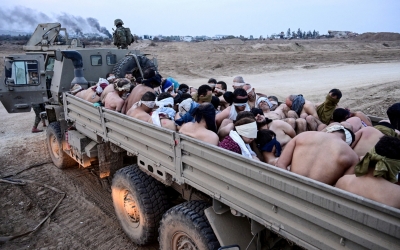
Over 50 MPs and members of the House of Lords urged Foreign Secretary David Cameron to reinstate funding for the agency "without delay".
They also questioned why the UK's allies, including most recently Finland and Germany, had resumed funding while the UK has not.
Foreign Office officials have previously suggested the decision would be formed on the basis of interim reports of two investigations, one conducted by the UN Office of Internal Oversight Services (UN OIOS) and another by a former French diplomat, Catherine Colonna.
However, the UK government has not made clear publicly whether it has received the UN OIOS interim report, which other donor countries are understood to have received in early March.
Middle East Eye has since learned that the UK government has received a verbal briefing on Colonna's interim report, although it was not immediately clear when.
Middle East Eye delivers independent and unrivalled coverage and analysis of the Middle East, North Africa and beyond. To learn more about republishing this content and the associated fees, please fill out this form. More about MEE can be found here.


